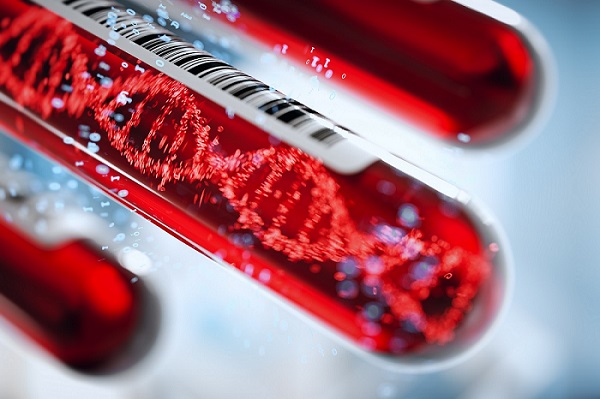Deoxyribonucleic acid (DNA) testing used to be a complicated process that could take days to complete. In the past, most forensic DNA tests were done to establish paternity, and in modern times DNA testing is still a key method used to determine ancestry, and to help establish the identify of wrongdoers.
Whether to establish paternal rights or to pinpoint a criminal, DNA testing is used heavily by the legal system. These days, however, DNA testing may be able to provide information beyond the confirmation of a child’s parentage, or in establish who was present at a crime scene.
Technology may allow modern DNA testing to help identify a person’s specific health vulnerabilities. Although the medical community has mixed opinions about DNA testing’s health uses, a good number of people have found this medical testing process useful.
Let’s understand what the fuss is about DNA health testing and its health-related applications.
What is DNA Health Testing?

DNA refers to the genetic material present in humans and in almost all living organisms. DNA serves as your body’s database of information and provides instructions to your body on how to operate, for instance how your cells develop, exist, divide and reproduce.
In recent times, DNA testing kits have been used to analyze and identify gene mutations or anomalies which may be related to particular health conditions and illnesses. DNA testing functions not too differently from at-home COVID 19 testing kits approved by the Food and Drug Administration (FDA). In other words, genetic testing may provide information about a person’s risk of developing a certain type of disease.
DNA health testing kits are widely available and can be done at home from gathering mouth swabs, hair samples, or blood samples. From a medical point of view, these home kits are said to be less reliable than the tests performed by healthcare professionals.
How Can A DNA Test Kit Help?
Some diseases are hereditary. Meaning, they can be passed on by your ancestors to you.
Genetic testing kits look for the presence of genetic markers that may signal vulnerabilities to specific health diseases. Known as single nucleotide polymorphisms or SNPs, these markers are anomalies in gene sequences, and could be a factor in determining your susceptibility to certain conditions.
By doing your research to find the best DNA ancestry and health test for your circumstances, you could potentially discover if you have any susceptibility to developing illnesses such as the following:
- Celiac disease- This is an autoimmune disease that targets a person’s small intestine tissues, and trigger abdominal pain and diarrhea. It’s said that up to 87% of the disease origin could be attributed to a person’s genetic make-up.
- Age-related macular degeneration (AMD)– Many Americans over the age of 60 suffer from this condition, which, as its name suggests, refers to the deterioration of the eye tissues tasked with transmitting images to the brain. This form of vision loss is said to affect about 200,000 individuals annually, according to the Macular Degeneration Foundation (MDF), who also said that those found with variations in specific genes responsible for this function have a 30% chance of getting AMD.
- Bipolar Disorder– According to the National Institutes for Health (NIH), up to 5.7 million Americans aged 18 and up suffer from bipolar disorder in a year. It’s believed that up to 93% of these cases are passed on by a person’s relative or ancestors. The Center for Genetics Education in Australia indicated that a person has 50% chances of developing bipolar disorder if both parents have the condition, and a 20% likelihood if only one parent is diagnosed with the disorder.
- Breast and Ovarian Cancer-Hollywood actress Angelina Jolie underwent a double mastectomy after a genetic testing result showed she had high chances of developing breast and ovarian cancer. Jolie has herself tested after her mother died of cancer years before. In test results, medical professionals look at the anomalies in BRCA (breast cancer) genes, which are tumor suppressors. Any mutation in BRCA genes could trigger cancer cell growth, and women with these mutations are up to five times more likely to develop breast cancer, and up to 40 times more susceptible to developing ovarian cancer. As the case for Jolie, DNA testing kits may help you prevent specific diseases from developing. If you’re aware of a personal vulnerability to diabetes for instance, this may help you create a healthier lifestyle to regulate blood sugar in your body.
- Parkinson’s disease-This neurodegenerative disease causes uncontrollable shaking, erratic balance and motor coordination problems. This disease typically affects persons over 50 years old, and gene mutations have been identified as a causative factor. An individual who has inherited a genetic mutation for this disease from either parent has 28% of developing it as well, as he or she ages.
Final Thoughts
DNA test kits are not a diagnostic device, and they’re not known for being highly accurate.
Although their use is still somewhat controversial, DNA testing could potentially be used to predict your susceptibility to serious hereditary illnesses – which can be very useful since most of these diseases do not show symptoms unless they’ve already developed.

